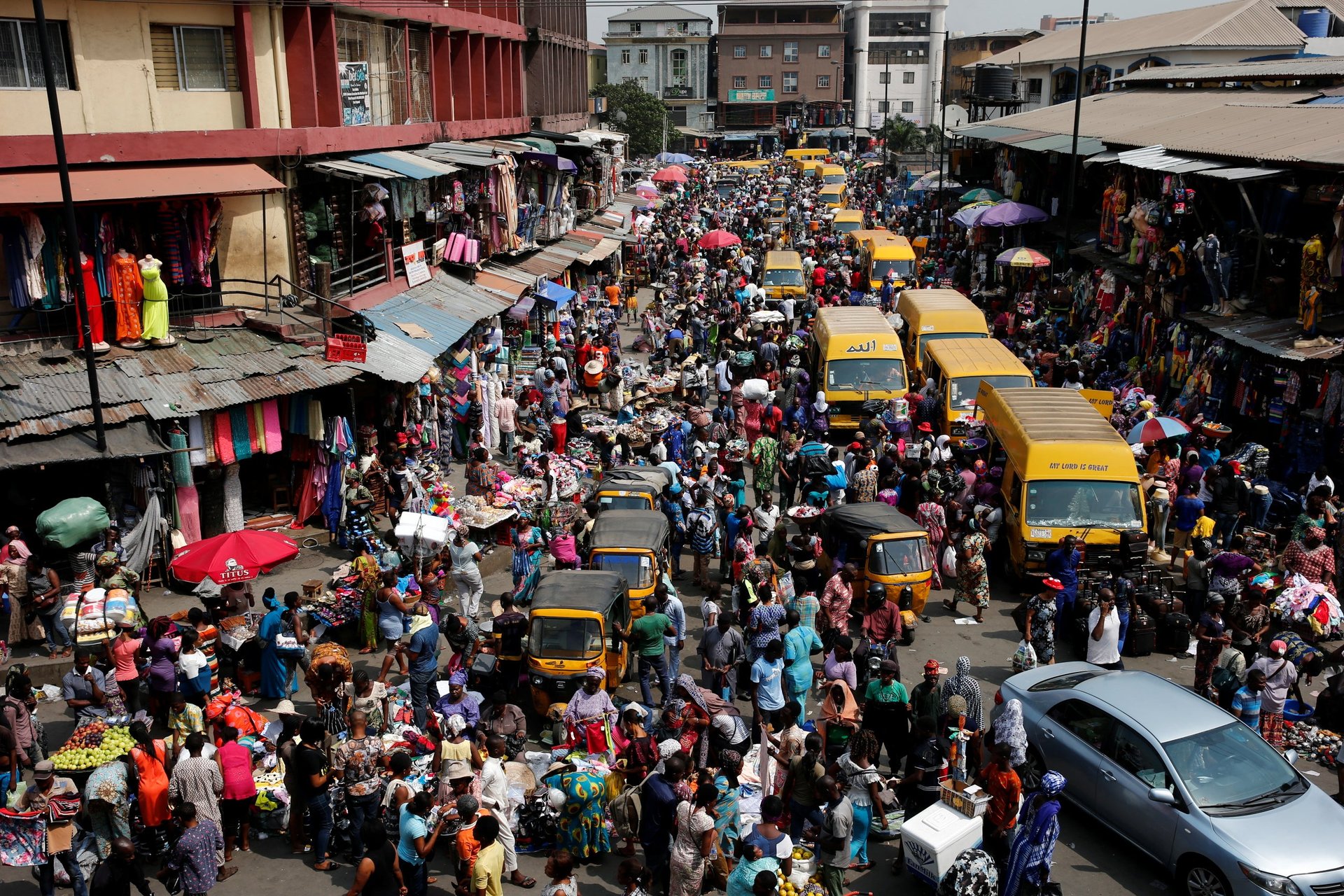More than half of the world’s population growth will be in Africa by 2050
By 2050 around 2.2 billion people could be added to the global population and more than half of that growth will occur in Africa.


By 2050 around 2.2 billion people could be added to the global population and more than half of that growth will occur in Africa.
Africa will account for the highest population spurt with an additional 1.3 billion people on the continent, a new UN population report shows.
Much of Africa’s population boom will come from Nigeria, currently the world’s 7th most populous country. By 2050, the report predicts, Nigeria will become the world’s third largest country by population, becoming one of the six nations projected to have a population of over 300 million.
But the rapid population growth poses a conundrum for many African governments as to how public infrastructure, much of which is already at a deficit, will keep pace with the rising number of citizens. Nigeria currently struggles to cater to the education needs of its millions of annual high school graduates. Indeed, between 2010 and 2015, of the 10 million applicants that sought entry into Nigerian tertiary institutions, only 26% gained admission with Nigeria’s university system sorely lacking in capacity.
UN’s report echoes similar sentiments. Across 47 countries (33 of which are in Africa) which are designated by the United Nations as the least developed countries, population is expected to nearly double from 1 billion in 2017 to 1.9 billion by 2050. The population growth, UN argues, will make it “harder” for governments in these countries which are already struggling with reducing poverty and hunger as well as improve access to standard health and education systems.
Africa’s rapid population growth will occur despite expected reductions in fertility rates on the continent from 4.7 births per woman between 2010 and 2015 to 3.1 births per woman between 2045 and 2050 with countries like Kenya recording significant progress. The continued growth despite the drop in fertility rates is down to the “age structure” of the continent’s population as Africa is home to a bulk of the world’s youngest countries. Beyond 2050, Africa is expected to be the only region still experiencing “substantial population growth,” as such the continent’s share of the global population could rise from 17% at present to 40% by 2100.